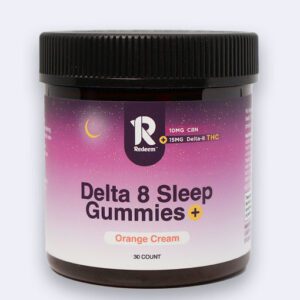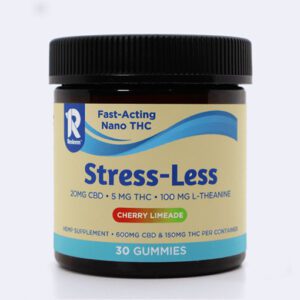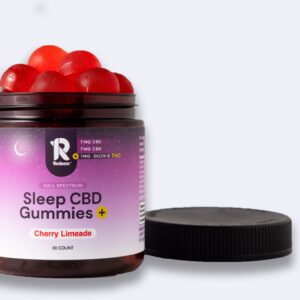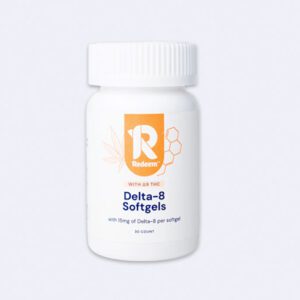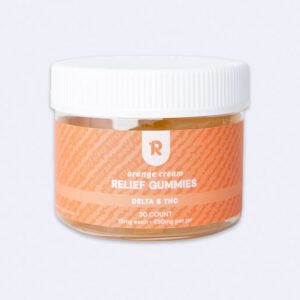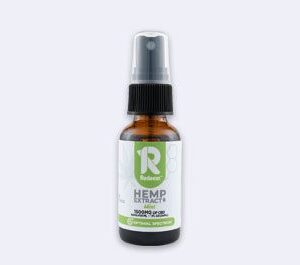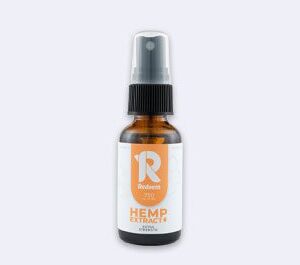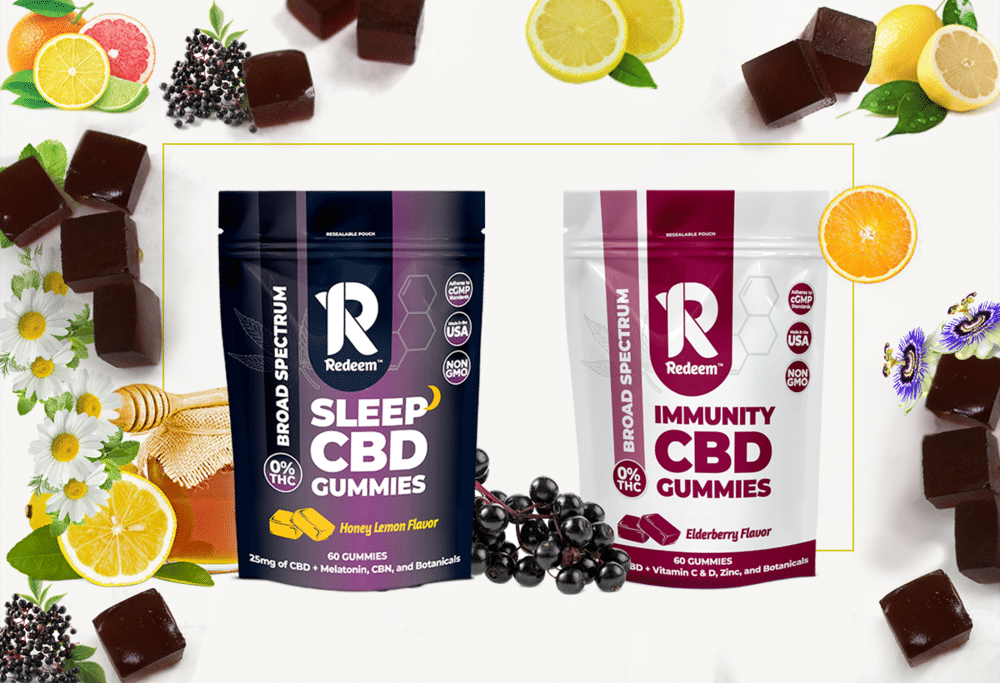Your Cart Details
By Mathew Fairfax | Mar 1, 2024
Hemp Derived THC – What you need to know
Hemp Derived THC – What you need to know
By Mathew Fairfax | Mar 1, 2024
In recent years, the landscape of cannabis-derived products has expanded significantly, with hemp derived THC gaining traction as a popular alternative to marijuana. Among the various cannabinoids derived from hemp, Delta-8 and Delta-9 THC have emerged as most prominent. In this blog, we shed light on hemp-derived THC, explore how it is made, its properties, legal status, and potential benefits.
Hemp derived THC refers to multiple varieties or isomers of tetrahydrocannabinol (THC) sourced from hemp plants. According to the 2018 Farm Bill, the term “Hemp” specifically refers to varieties of Cannabis sativa that contain less that 0.3% Delta 9 THC in their flower on a dry weight basis. While technically the same plant as hemp, marijuana is defined as Cannabis sativa that has concentration of more than 0.3% Delta 9 THC. Different varieties of Cannabis sativa have been bred to either contain more or less THC, high seed content for food, or for more fiber; depending on the intended use of the crop. Up until 2018, all varieties of Cannabis sativa were illegal to grow or possess in the U.S.
Interesting Facts:
- Cannabinoids (CBD, THC, CBN, CBC, CBG, etc.) are mainly found in the flower or bud of the cannabis plants. The leaves, stems, and roots contain negligible amounts of cannabinoids.
- A common marketing term used for cannabis is “whole plant” extract. While this sounds “good,” the fact that most of the cannabis plant does not contain cannabinoids means that the “Whole Plant” concept is very inefficient and in reality not in practice. Cannabinoids are not commercially produced by “Whole plant” extraction.
- Cannabis is known as a Bio-accumulator. It does an excellent job of pulling toxins out of the soil. Cannabis is often used in contaminated areas as a natural way to remediate contaminated soil.
While hemp crops and the manufacture of hemp products has been legal at various times in our countries history, marijuana laws enacted in 1937 prohibited the production of hemp for any purpose, including fiber, seed, and cannabinoid extraction. The Marijuana Act of 1937 made marijuana and hemp illegal in the United States. At the time there was no distinction between marijuana and hemp (collectively cannabis). The only exception to the 1937 act was a brief period during WWII when the act was suspended for the production of hemp fiber to make rope. Ratification of the 2018 Farm Bill opened the door to what is now a booming and potentially confusing array of hemp derived cannabis products.
While not the subject of this article, the political, economic, and social motivations behind the Marijuana Act of 1937 and subsequent laws is fascinating. The ramifications of which are still being played out in our society today. If you are interested in learning more, here is a good place to start.
What Does Hemp Derived THC Really Mean?
On the surface the term “Hemp Derived THC” seems obvious. But, in reality it may not mean what you think. While THC does exist in the hemp plant flower, it is only in a small amount (less than 0.3%) as mentioned above. The low concentration of THC in hemp makes it economically infeasible to extract THC directly from hemp. By comparison, some varieties of hemp contain more than 20% CBD which is directly extracted and purified for use in cannabis products.
Given this fact, it makes one wonder how could THC be called “Hemp Derived” if in fact it is not feasible to extract THC directly from Hemp?
Hemp Derived THC – The Magic of Chemistry
The answer is that virtually all hemp derived THC is produced by the conversion of hemp derived CBD to THC. Remember, hemp varieties have been bred to produce large amounts of CBD (10-30%), making extraction of CBD very efficient. The conversion of CBD to THC is performed in a controlled laboratory or production facility using heat and acid to change the molecular structure of CBD to that of one of several possible THC isomers.
THC isomers are various tetrahydrocannabinol compounds that are similar in molecular structure and have basically the same pharmacological effects. The process can be controlled to push the reaction toward the desired THC isomer. In this case, we are focusing on the two main isomers, Delta 8 and Delta 9 THC. Once the reaction is completed, the resulting mixture is further processed using distillation and/or chromatography to separate and purify the isomers.
Hemp Derived THC Production Method
- Extraction of CBD:
- Step 1: Harvesting hemp flower rich in CBD.
- Step 2: Grinding the flower into a coarse powder.
- Step 3: Extraction of CBD using a solvent such as ethanol or CO2.
- Step 4: Filtering the solvent to remove impurities.
- Step 5: Evaporating the solvent to obtain a concentrated CBD extract.
2. Conversion of CBD to THC:
- Step 6: Isomerization using heat and a strong acid.
- Step 7: Monitoring temperature and time to control the isomerization reaction.
- Step 8: Neutralization by adding a base to counteract the acid.
- Step 9: Purification through filtration or chromatography.
- Step 10: Testing to ensure the final product meets purity and safety standards for THC content.
Now, Let’s Take a Closer Look at the Isomers
Chemical Structure of Delta 9 and Delta 8 THC
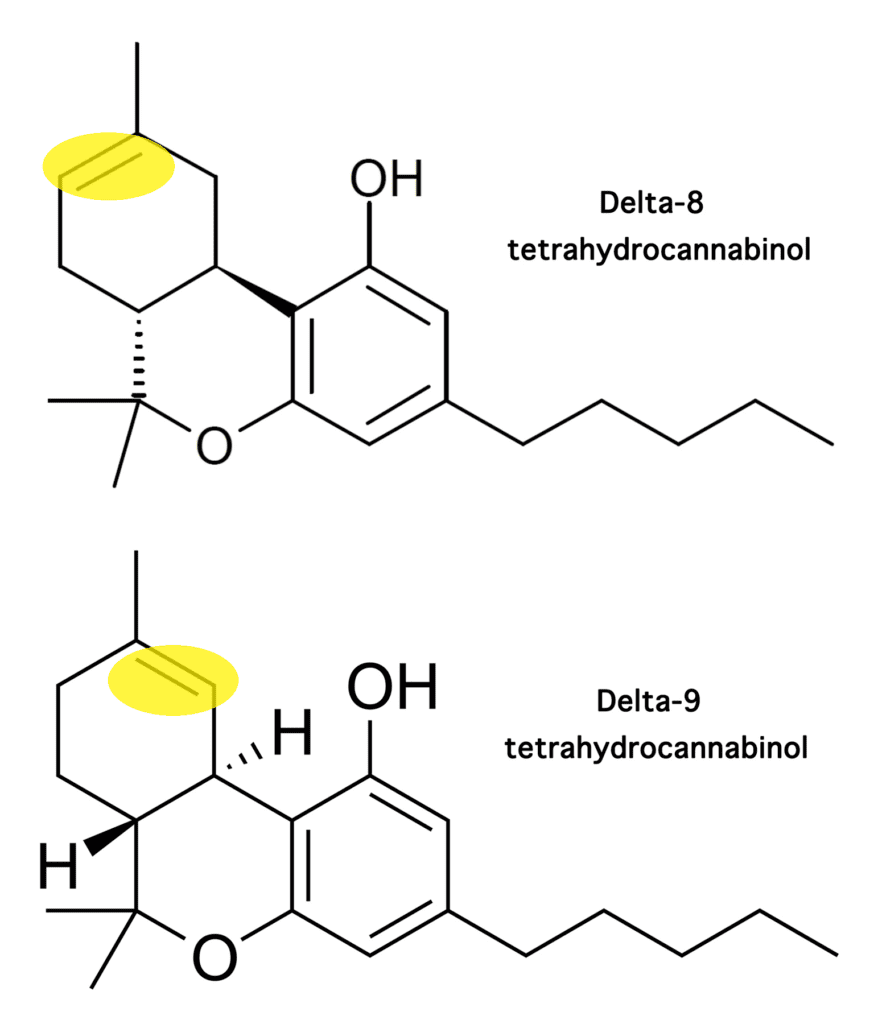
Delta 9 THC is the primary compound found in marijuana that produces euphoria, relaxation, and pain relief. While Delta 8 is found in marijuana, it is present in very small amounts and does not contribute to the psychoactive effects of marijuana.
The main difference between Delta 9 and Delta 8 is the location of the double bond in the cyclic ring at the top left of each image above. In Delta 8, the double bond is located between the 8th and 9th carbons in the ring. Delta 9 THC has a double bond between the 9th and 10th carbons. If you want to do a deeper dive into the various Delta THC products, check out our blog, Demystifying the Delta Difference.
Is Hemp Derived THC the Same as Marijuana?
The short answer is yes. Hemp derived Delta 9 THC is identical and indistinguishable from Delta 9 THC derived from Marijuana. It has the identical chemical structure and therefor is identical in its effects on your endocannabinoid system. Hemp derived THC will provide the same psychoactive effect of creating euphoria because it has the same impact on your endocannabinoid system.
You endocannabinoid system consists CB1 and CB2 receptors throughout your body. CB1 receptors are largely associated with nerve tissue, including the brain. CB2 receptor are associate with organs and muscle. The endocannabinoid system modulates many of your body’s physiological functions such as mood, pain, appetite, blood pressure, and inflammation.
What many want to know is…..Does hemp Derived THC get you high? The answer is yes! Hemp Derive THC has all the therapeutic effects as marijuana derive THC.
What About Hemp Derived Delta 8 THC?
Delta 8 THC is a minor cannabinoid found in both hemp and marijuana plants. Again, it is not found in sufficient quantities to feasibly extract it directly, either from hemp or marijuana. Therefore it is created by the same CBD conversion process discussed above. It shares similarities with Delta 9 THC in terms of its molecular structure but the double bond location does impact its pharmacological effects.
Anecdotal evidence by experienced uses suggests that Delta 8 THC typically produces a milder high. Many users report experiencing a clearer-headed, less intense effect as compared to Delta-9 THC. Delta-8 THC is gaining popularity for its potential therapeutic benefits, including relief from pain, anxiety, and nausea, while exhibiting a lower risk of inducing paranoia or anxiety. Additionally, your body breaks Delta 8 THC down using the same metabolic pathway as Delta 9 THC, producing the same metabolites. The key to a good experience with either Delta 8 or Delta 9 is the regulation of the dose to match your physiology and tolerance.
Is Hemp Derived THC Safe?
Given the fact that hemp derived THC is produced from the conversion of CBD to THC by chemical processes, it stands to reason that one would ask if it is safe. The answer is yes, if you purchase your hemp derived THC from a reputable manufacturer that has all the necessary safeguards in place such as a cGMP compliant facility and third-party testing by an accredited ISO 17025 laboratory.
Is Hemp Derived THC Legal
In the United States, hemp-derived products containing less than 0.3% Delta-9 THC are legal at the federal level. However, there are some that would argue that they are not legal because the conversion process makes them “Synthetic”. Synthetic THC is expressly illegal under the Controlled Substances Act. While this debate simmers for some, the reality is that Delta 9 hemp derived THC is federally legal as long as it complies with the Farm Bill’s requirement that the Delta 9 THC concentration is below 0.3%
Delta 8 THC has faced the same “Synthetic” criticism by some but given that it is not specifically called out in the Farm Bill, Delta 8 concentration can exceed 0.3%.
While both Delta 8 and Delta 9 hemp derived THC are federally legal, many states and municipalities have placed restrictions on the sale and use of these products. It’s essential to stay informed about evolving federal and local regulations, as the legal landscape surrounding cannabis products continues to shift.
If you are curious about the legal landscape surrounding hemp derived THC, We recommend this resource as a good starting point.
Potential Benefits of Hemp Derived THC
Hemp-derived THC, particularly Delta-8 THC, is garnering attention for its potential therapeutic effects largely because it behaves essentially the same as Delta 9 but does not face the same low concentration restriction placed on Delta 9 THC.
While research is still in its early stages, preliminary studies suggest that Delta 8 THC offers relief from pain, inflammation, anxiety, and nausea, among other conditions. Additionally, some users appreciate the more manageable psychoactive effects of Delta 8 THC compared to Delta 9 THC, making it a preferred option for those seeking a subtler experience. If you are interested in Delta 8 hemp derived THC, we recommend this article published in the Journal of Cannabis Research as a good starting point.
Potential Risks and Warnings for Hemp Derived THC
When considering the use of any THC product, you should be aware of the risks and warnings. Responsible use is essential to having a good experience and achieving the results you desire. That starts with know the facts and heeding to the warnings.
- Always start low and go slow until you achieve the results you are looking for
- Do not drive or operate any potentially dangerous equipment while taking THC products
- If you are taking medications or have conditions such as high blood pressure, a heart condition, asthma, cancer, or phycological or mental condition, it is imperative to consult your physician before consuming THC products.
- THC should not be consumed if you are pregnant or nursing
- THC has been shown to potential impact brain development. Persons under the age of 21 should not consume THC products.
- Always purchase THC products from a trusted manufacturer that has implemented cGMP controls and provides third-party test results.
Redeem Therapeutics – Hemp Derived THC Products
We manufacture and offer several compliant hemp derived THC products made in our facility in South Carolina under cGMP controls. All of our products are meticulously crafted and tested by a certified ISO 17025 laboratory for potency and purity. If you are interested in legal cannabis products, we are among the best!
-
Social Drops – THC Drops for Drinks$49.90 — or subscribe to save 30%
-
Delta 8 Gummies for Sleep$43.99 — or subscribe to save 30%
-
Stress-Less Gummy – Stress Relief Gummies$43.99 — or subscribe to save 30%
-
THC Gummies for Sleep$43.99 — or subscribe to save 30%
-
Delta 8 Softgels- 15mg$39.95 — or subscribe to save 30%
-
Delta 8 (D8) Gummies$39.99 — or subscribe to save 30%
-
Full Spectrum CBD Oil Spray$39.99 — or subscribe to save 30%
-
Full Spectrum CBD Oil (Optimal Spectrum) – 750mg$39.99 — or subscribe to save 30%
Take Aways Regarding Hemp Derived THC
Hemp-derived THC, encompassing compounds like Delta 8 and Delta 9 THC, represent a promising frontier in the realm of cannabis-derived products. Delta 8 and Delta 9 hemp derived THC is made by the conversion of CBD. With proper processing controls and testing, these isomers are safe and effective. The potential therapeutic benefits and milder psychoactive effects of Delta 8 hemp derived THC offers an intriguing alternative for individuals seeking relief from various ailments.
While hemp derive THC products are not for everyone, they offer a legal way to tap into the therapeutic benefits of THC for relaxation, pain, sleep, inflammation, nausea, and other conditions. As with any THC product, it is important to start low and go slow to find your ideal dose. As regulations continue to evolve and research progresses, it’s essential to stay informed about the nuances and potential of hemp-derived THC to unlock the full spectrum of cannabis’s therapeutic properties.
 CBD Gummies
CBD Gummies CBD Oils
CBD Oils CBD Capsules
CBD Capsules CBD Cream
CBD Cream CBD for Pets
CBD for Pets CBD + THC Gummies
CBD + THC Gummies Delta 8 Gummies
Delta 8 Gummies Delta 8 Capsules
Delta 8 Capsules Full Spectrum CBD Oil
Full Spectrum CBD Oil  THC Drops
THC Drops Stress
Stress
